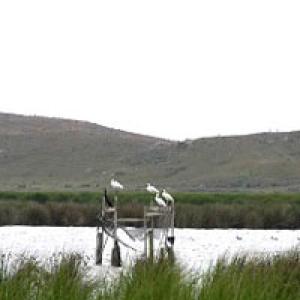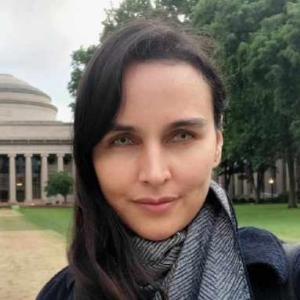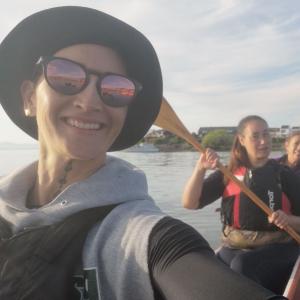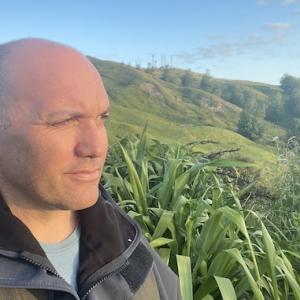Is harakeke one key to a sustainable future for Aotearoa and, if it is, how do we utilise it to develop this sustainable future?
The NPM project Harakeke for a Sustainable Future in Whakaki, is being led by Dr Simon Hills from Massey University and has been examining the interface between mātauranga Māori and ecological science related to harakeke.
The project focuses on Lake Whakaki, in the northern Hawke’s Bay, and explores what the current ecological condition of the lake is, how much the ecosystem has been modified, how sites dominated by harakeke differ from sites where harakeke was removed in the past, to what extent harakeke might restore/protect normal ecological function in Whakaki, and whether replanting harakeke can reverse the degradation of freshwater and adjacent environments.
In the context of a wider programme, these ecologically focused questions then transition to socially focused lines of enquiry using a kaupapa-a-hapū approach, including how this harakeke restoration might impact community well-being, how the history of societal and environmental decline can be viewed through the lens of harakeke, and how the Whakaki community might utilise harakeke to maintain healthy environments, generate sustainable incomes and improve societal outcomes.
The project will conclude in January 2020, with published reports and outcomes following soon after.

He Kōrero | Our Stories
Neuroscientist Nicole Edwards is establishing her own lab at the University of Auckland and is eager to tautoko students interested in a career in brain research.
AUT senior lecturer Deborah Heke encourages wāhine Māori to cherish their connection with te taiao.
Tairāwhiti local Manu Caddie is a vocal critic of forestry companies engaged in unsustainable land practices in the rohe. He shares his insights on what needs to change".


